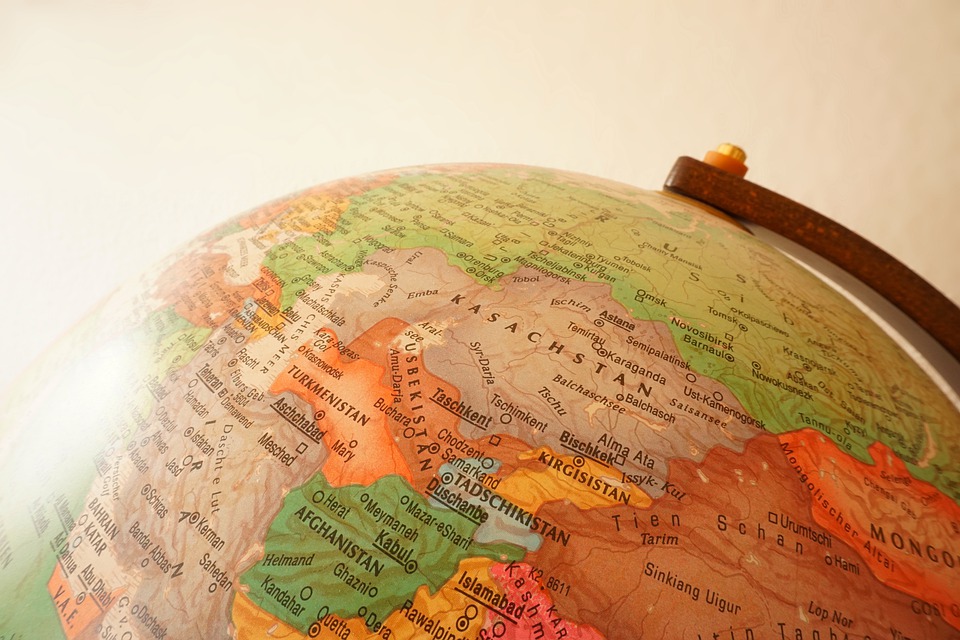Flash points of potential state-to-state conflict exist in many parts of the world. In Central Asia, China and Russia compete with the United States and other West democracies for influence. The region is a physical gateway linking Asia to Europe and serves as an important commercial transportation corridor. The Central Asian countries avoid aligning too closely with any power outside the region to preserve their sovereignty and traditional cultures. They adhere to independent foreign policies that benefit their individual states. One country in particular, Kazakhstan, is taking it a step further by instituting internal reforms to modernize its domestic political structures. Its leaders recognize that it must be modern to be strong.
Kazahkstan’s maslikhats, or local governments, and the Mazhilis, Kazakhstan’s lower house of parliament, are taking steps to reform the country since the January 2022 political unrest. President Kassym-Jomart Tokayev is pursuing two main goals. The first is to transition the country toward a more pluralistic, inclusive, and representative political system, according to Sergey Gretzky of the Jamestown Foundation. Second, Kazakhstan’s leaders are trying to involve the younger generation in the political process with the understanding that they will bring new ideas that could help solve socioeconomic issues left by Nursultan Nazarbayev’s administration.
“The Mazhilis elections completed the first cycle of these political reforms following the constitutional referendum and presidential elections in 2022, as well as the senate elections in early 2023,” says Gretsky. Under the new system 70 percent of the Mazhilis deputies are elected on party-list proportional representation and 30 percent are from single member districts. At least 30 percent of the party-list candidates include women, young people and the disabled, according to Kursiv media. Kazakhstani candidates come from a wide cross-section of the society, including entrepreneurs, teachers, retirees, and the unemployed. Most are new to campaigning and depend on family and friends for campaign support. Although there are several political parties, the Organization for Security and Co-operation in Europe (OSCE) observer mission noted, “not all political parties were allowed to participate” in the recent election.
Demoscope, a public opinion company located in Switzerland, conducted a poll six days before the recent election. It found that 54.6 percent of respondents agreed that the election was a step toward democratization in Kazakhstan. Almost 50 percent agreed that the opposition parties had been allowed to participate and 52.1 percent expressed their trust in the election’s outcome. Although there was ballot stuffing and individuals voting multiple times, Kazakhstan has embarked on a reform program that it hopes with strengthen its identity, improve how its government works, and build trust in Kazakhstan’s leaders and electoral process. Last month after the election the OSCE announced that “Kazakhstan has the full support of the European Union in the implementation of the ongoing changes, and we stress the importance of further political and socioeconomic reforms.” Gretsky points out this “reflects the interest of the collective West in maintaining and developing close relations with Kazakhstan amid the heightened geopolitical rivalry with Russia and China over Central Asia.” Russia and China also sent observers via Commonwealth of Independent States (Russia) and Shanghai Cooperation Organization (China and Russia) missions. Inform.kz media says those delegations found not election irregularities. East and West are closely watching developments in the country as the early parliamentary elections represent an important step in the political modernization of Kazakhstan. Gretsky says that for the first time since independence, “six political parties will be represented in the Mazhilis.” It represents real emerging political competition. Although it has a long road ahead, Kazakhstan is on course to meet the challenge of developing a society that breaks the mold of political disenfranchisement and self-disenfranchisement. The government is reaching out and engaging citizens in building more trust and participation in the new system. It bodes well for the future of a nation-state that sits strategically between East and West.
Daria Novak served in the U.S. State Dept.
Illustration: Pixabay
